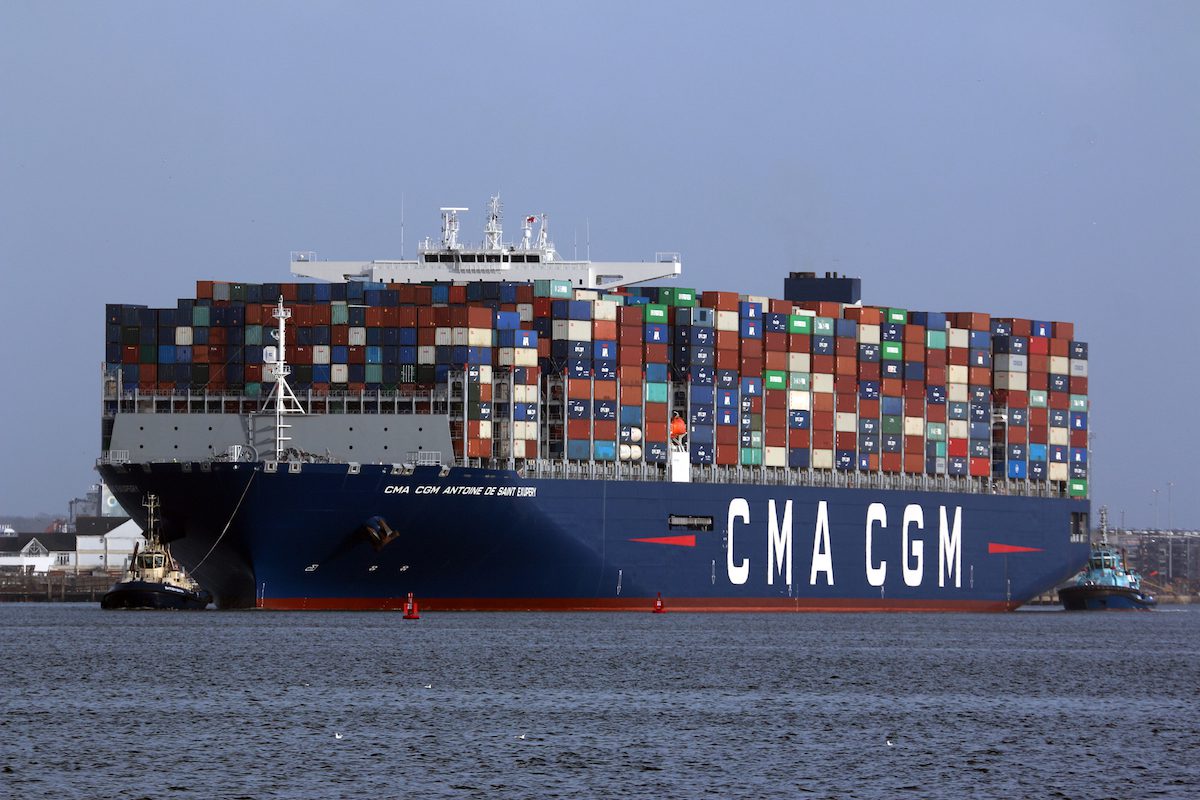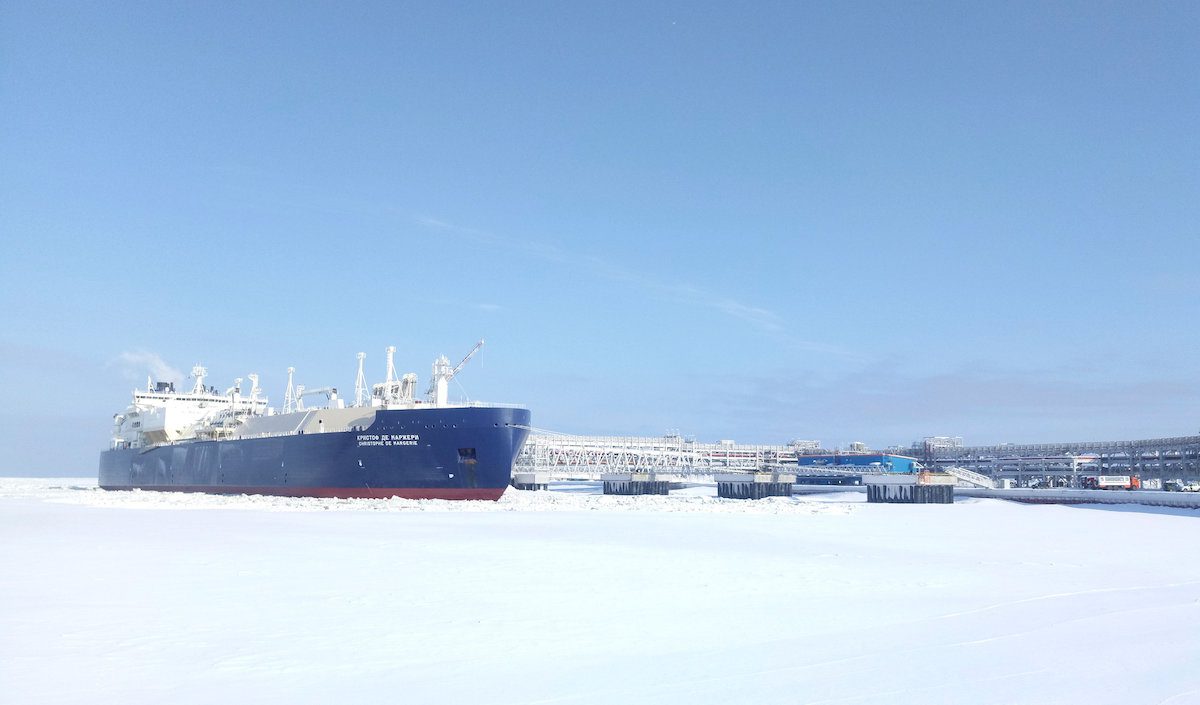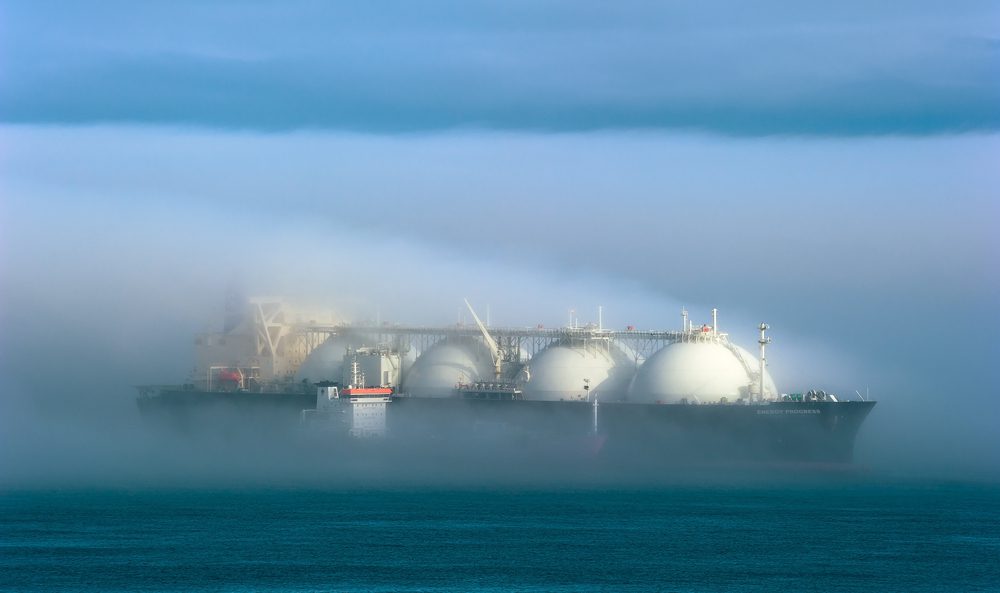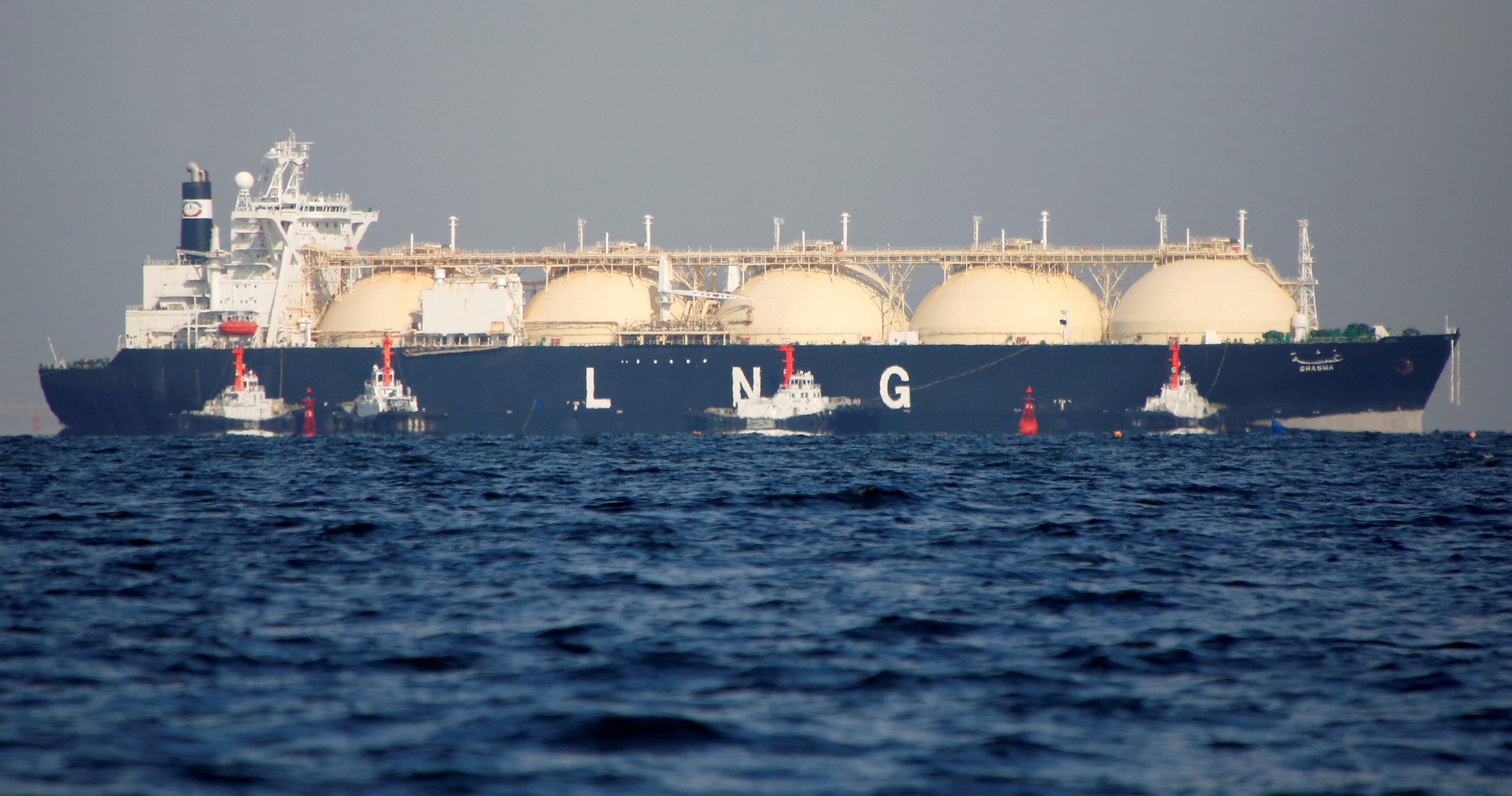CMA CGM’s ultra-large containership CMA CGM Antoine de Saint Exupery. Photo: CMA CGM
CMA CGM has ruled out using the Northern Sea Route for trade between Asia and Europe despite it being navigable during much of the year due to climate change.
The French shipping giant made the announcement on Friday citing the threats that large ships pose to the environment and the delicate Arctic ecosystem. CMA CGM said it will also give priority to the use of cleaner-burning liquified natural gas to power future ships, part of its commitment to reduce carbon emissions from its fleet. The announcement comes ahead of the G7 meeting in Biarritz, France next week.
“The use of the Northern Sea Route will represent a significant danger to the unique natural ecosystems of this part of the world, mainly due to the numerous threats posed by accidents, oil pollution or collisions with marine wildlife,” the company said in a press release.
CMA CGM’s Chairman and CEO, Rodolphe Saadé, made the decision that none of the company’s 500 vessels will use the Northern Sea Route along Siberia despite the “major competitive advantage” the route represents for shipping companies.
“We make these choices to meet the needs of our employees and our customers, who are increasingly concerned about the environment. But above all, we make these decisions for the future, to leave our children a cleaner planet,” said Mr Saadé. “These are brave, bold choices, which go far beyond purely business decisions. This is a firm belief for us, born out of our family ethos and our strong human values, to make responsible, forward-looking choices. That is how we plan to build fairer, more environmentally-friendly trade, and I invite the entire industry – competitors, partners and customers – to join us.”
Furthering its environmental commitment, CMA CGM said it will also commit to the use of liquefied natural gas to power its future high-capacity containerships. According to CMA CGM, LNG offers the best proven solution available to significantly reduce the environmental footprint of maritime transport. The group is also looking at other energy sources to power its fleet, including biofuel oil and potentially hydrogen.
CMA CGM has nine Ultra-Large Container Vessels due for delivery starting in 2020. By 2022, the company says it will have 20 LNG-powered ships in its fleet.
Between 2005 and 2015, CMA CGM says it has already been able to reduce its CO2 emissions per container transported by 50 percent, and has a target to further reduce these emissions by a further 30 percent by 2025.
In 2018, CMA CGM’s rival Maersk, the world’s largest shipping company, tested the use of the Northern Sea Route with a newbuild ice-class containership. At the time, Maersk described the voyage as a one-off passage primarily for the purpose of data collection, research, and training. While Maersk said at the time that it does not see the Northern Sea Route as an alternative to its usual routes, the company is following the developments of the NSR as more and more ships are starting to use the route.
Editorial Standards · Corrections · About gCaptain

 Join The Club
Join The Club











